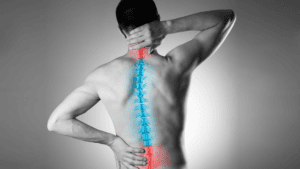
CBD & CBG for Bone Healing and Pain Management
Among the most common injuries to the musculoskeletal system are bone fractures. They most often happen when more force is applied to the bone than the bone can take. This

Among the most common injuries to the musculoskeletal system are bone fractures. They most often happen when more force is applied to the bone than the bone can take. This
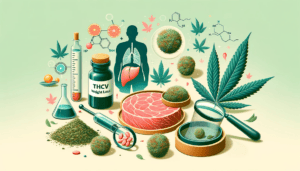
In recent years, the cannabis plant has emerged as a surprising ally in the battle against weight gain, with certain strains showing promise for weight management. Among these, Tetrahydrocannabivarin (THCV)

A new year allows us the opportunity to reflect on the past year to understand what we want to let go of and what we want to prioritize in the
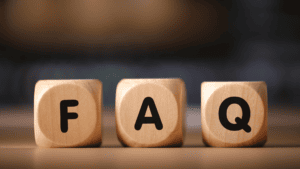
Just before 2023 came to a close, we featured a webinar where we answered the most frequently asked cannabis and CBD questions of the year. In this blog, we break
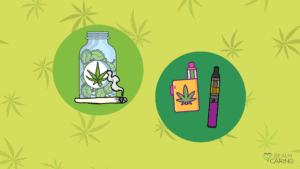
Cannabis consumption has evolved significantly over the years, offering users various methods to experience the plant’s benefits depending on preference and desired results. Two of the most commonly seen today
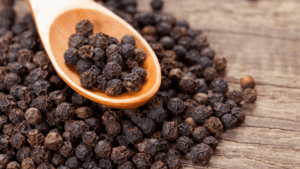
One thing that has become well-known in the last several years of cannabis research, is that Cannabis Sativa is a very complex plant. Through the on-going discovery of compounds, we

National Grief Awareness Week takes place each year to provide a dedicated period for individuals, communities, and organizations to come together and acknowledge the varying aspects and complexities of grief.

Inflammatory bowel disease (IBD) is an umbrella term used to describe disorders that cause chronic inflammation of your gastrointestinal (GI) tract. How IBD differs from irritable bowel syndrome (IBS), is

As we get ready to gather with loved ones for the holidays, the anticipation of a hearty feast is on all of our minds. For those seeking an extra boost

In an insightful interview with Jason Hanley, a 10th Mountain Infantry Army disabled veteran and a former U.S. Fish and Wildlife Service Invasive Species Biologist, we delve into his journey
Open the following in new tabs if you:
If you are already a user: Client Login
If you are not, then register: Client Registration
Once Logged in, click below to refresh the page.